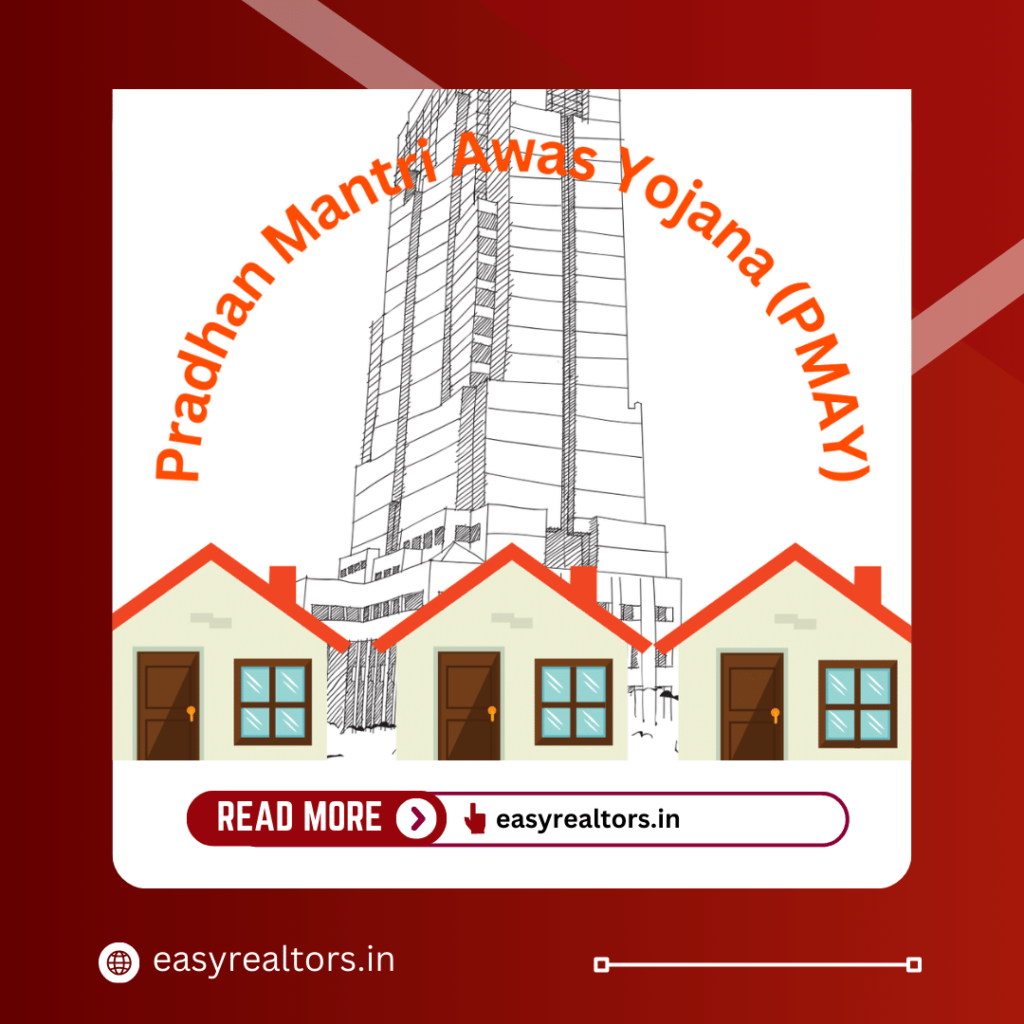PMAY-U 2.0: Transforming Urban Housing with Land Rights
Expanded Overview of PMAY-U 2.0 (Pradhan Mantri Awas Yojana-Urban)
The Pradhan Mantri Awas Yojana-Urban (PMAY-U) 2.0 is an ambitious initiative launched by the Indian government to address the housing needs of urban poor and middle-class families. Approved by the Union Cabinet, the scheme aims to construct 1 crore houses over the next five years, focusing on providing equitable housing solutions across various segments of the population[1][4].
Objectives and Goals of PMAY-U 2.0
The primary objective of PMAY-U 2.0 is to ensure that every urban household in India has access to a pucca house, thereby improving the overall quality of life. This aligns with the government’s broader vision of ‘Housing for All.’ The scheme is designed to offer financial support for constructing, purchasing, or renting affordable homes in urban areas, particularly targeting economically weaker sections (EWS), low-income groups (LIG), and middle-income groups (MIG)[4][6].
Target Beneficiaries
PMAY-U 2.0 places special emphasis on marginalized groups, including slum dwellers, SC/STs, minorities, widows, persons with disabilities, and other underprivileged sections of society. Additionally, it supports groups like Safai Karmis, street vendors, artisans, anganwadi workers, and residents of slums/chawls. The scheme is open to families who do not own a pucca house anywhere in the country, with specific income criteria for eligibility:
- EWS households: Annual income up to Rs. 3 lakh.
- LIG households: Annual income from Rs. 3 lakh to Rs. 6 lakh.
- MIG households: Annual income from Rs. 6 lakh to Rs. 9 lakh[4][6].
Key Components and Vertical Schemes
PMAY-U 2.0 is structured around several key components to ensure comprehensive housing solutions:
Beneficiary-Led Construction (BLC):
This vertical provides financial assistance to EWS families to construct new houses on their own land. For beneficiaries without land, States/UTs may grant land rights (pattas).
Affordable Housing in Partnership (AHP):
Under AHP, financial assistance is provided for owning houses built through partnerships with States/UTs, cities, and public/private agencies. Redeemable Housing Vouchers and Technology Innovation Grants are available for eligible projects[5].
Affordable Rental Housing (ARH):
This vertical aims to create rental housing for working women, industrial workers, urban migrants, and other eligible beneficiaries, ensuring affordable and hygienic living spaces[4][5].
Financial Structure and Subsidies
PMAY-U 2.0 involves a substantial financial commitment, with a total investment of Rs. 10 lakh crore. The government will provide a subsidy of Rs. 2.30 lakh crore under the scheme. The cost of house construction will be shared among the Central government, States, Union Territories, Urban Local Bodies, and the identified eligible beneficiaries[7].
The scheme also offers a Credit Linked Subsidy Scheme (CLSS) for MIG beneficiaries, providing up to a 4% interest subsidy on housing loans. This subsidy is applicable for loans up to Rs. 25 lakh with a property value up to Rs. 35 lakh, offering a maximum subsidy of Rs. 1.80 lakh distributed over five years[7].
Technological and Innovative Approaches
A separate Technology and Innovation Sub-Mission (TISM) will be established to guide and facilitate the adoption of modern, innovative, and green technologies for faster and quality construction of houses. This initiative aims to enhance the efficiency and sustainability of housing projects under PMAY-U 2.0[7].
Impact and Achievements
Since its inception, PMAY-U has made significant strides in addressing urban housing shortages. As of now, 118.64 lakh houses have been sanctioned under the scheme, with a notable focus on empowering women through house ownership[3]. The scheme has also generated approximately 1.20 crore employment opportunities, impacting various sectors like steel, cement, and construction[3].
The introduction of PMAY-U 2.0 is expected to further bolster these achievements, providing a robust framework for addressing the housing needs of urban India. By focusing on equitable distribution, financial support, and innovative construction methods, PMAY-U 2.0 aims to transform the urban housing landscape, ensuring that every citizen has access to a safe and affordable home.
In conclusion, PMAY-U 2.0 represents a significant step towards achieving the vision of ‘Housing for All’ in urban India. Through its comprehensive approach and targeted interventions, the scheme is poised to make a lasting impact on the lives of millions, fostering inclusive growth and development across the nation.
Also read: PM-UDAY Scheme: Simplified Guide to Registration & Benefits
for more updates follow us on instagram


